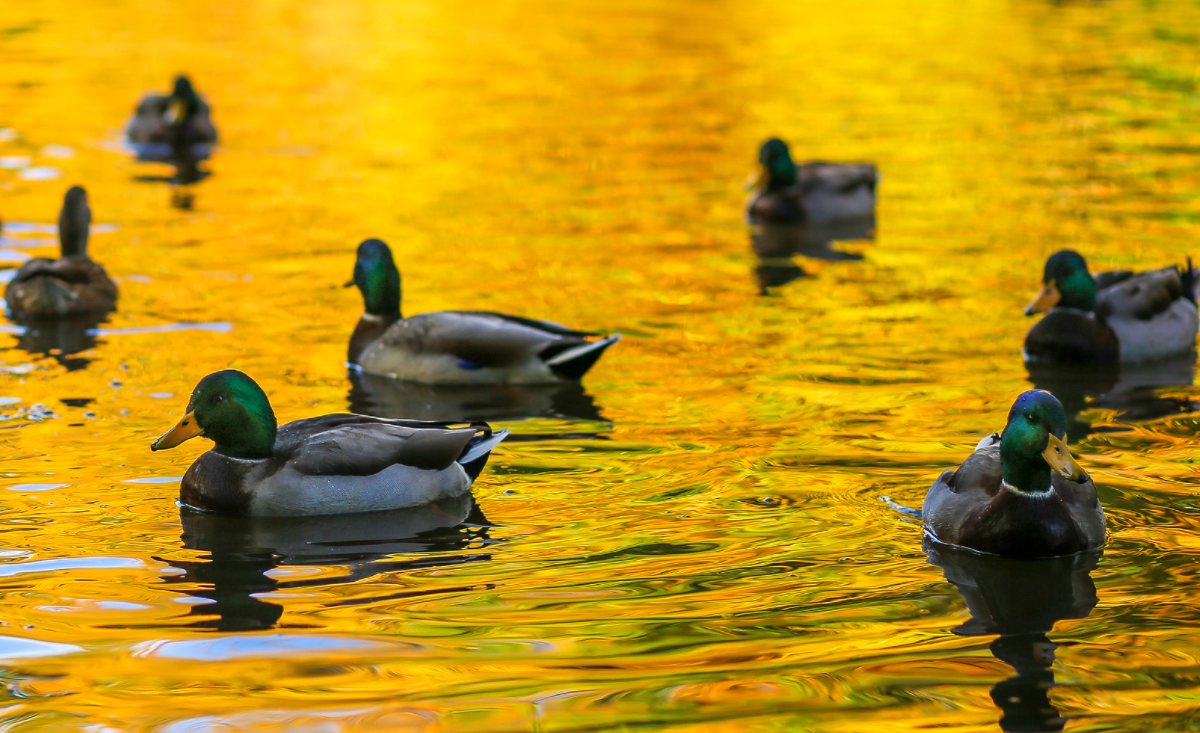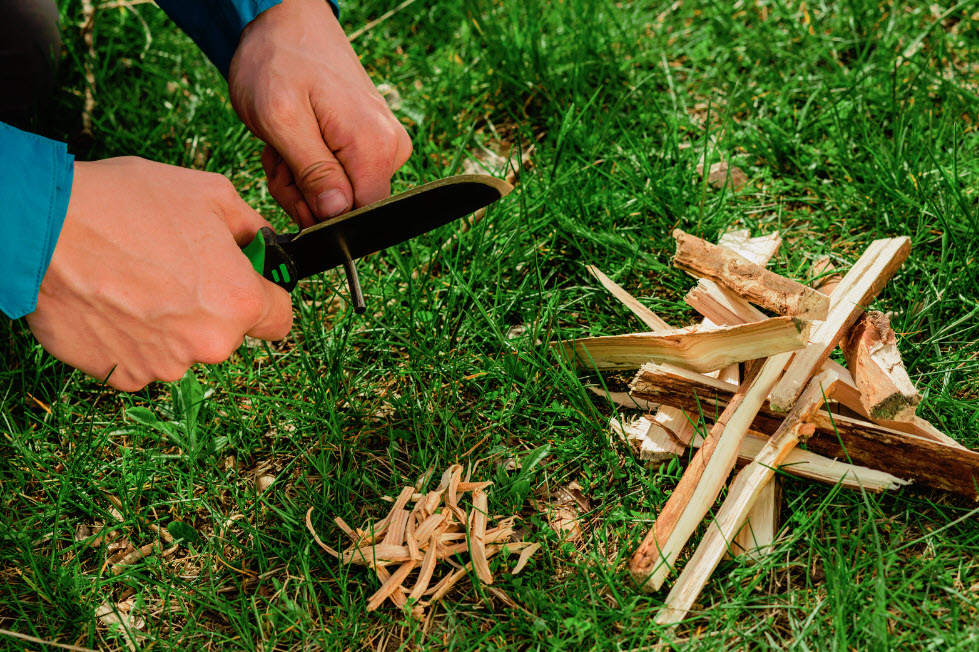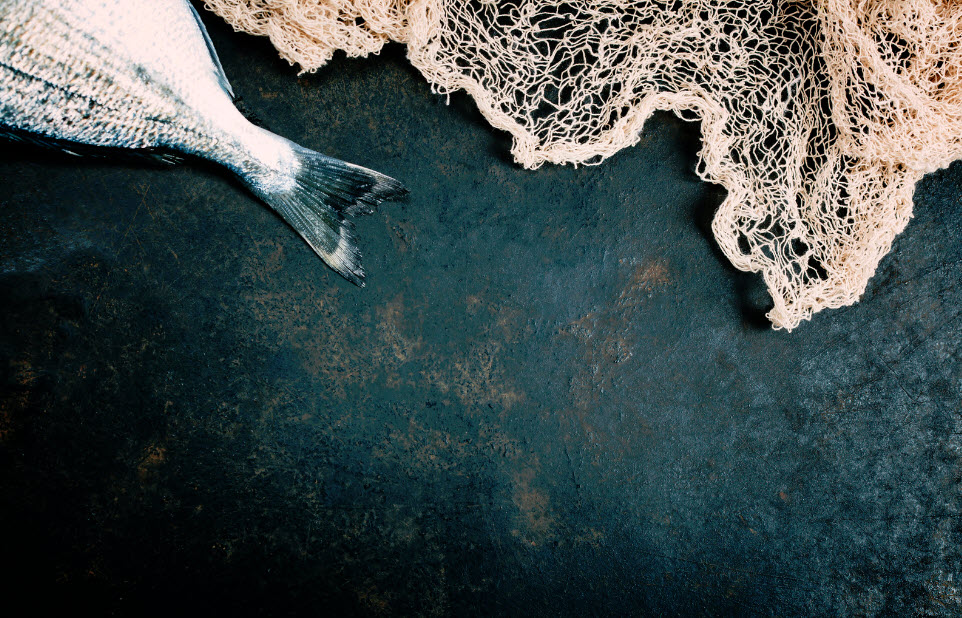
By the moment you’re almost done with packing your survival gear, you may be wondering if you got everything you need for the next outdoor experience. You also start wondering if you really need all of that in the backpack. If only there were someone to tell you if you’re doing it right!
Truth be told, no universal list is going to work for each survivalist out there as each has his/her very own needs. Don’t be surprised if your survival gear equipment or survival kit is nothing the same as the one of your friends. For instance, some survivalists like not to be addicted to the electrical gear so they don’t have to always depend on the batteries. On the other hand, there are also survivalists that always go with the hyper-minimalist choice, getting only the things they’re positively sure that they’re going to use (which explains why they only take one backpack on the trip). You shouldn’t feel the pressure of getting anything that you know that you’re not going to use any time use. Just because your friend has it, doesn’t mean you need to use it too. It’s better to double check a comprehensive list instead and to give a thought on your needs and skills when in the outdoors.
If you’re packing by categories, it’s going to be easier for you to pack and to check in the end as well. You shouldn’t follow our recommendations literary and it’s better to take only what you think fits your needs more. Feel free to add the items you know you typically may be using in the wilderness and always adjust your list after the outdoor experiences. If there’s one thing that survival teaches you is to be flexible and able to adjust to new environment, all the time.
Page Contents
- 1. The tools
- 2. Survival gear for thermoregulation
- 3. Survival gear you need for fire craft
- 4. Survival gear for building a shelter
- 5. Survival gear for hydration
- 6. Survival gear for nourishment
- 7. Clothing and apparel
- 8. The items for your health
- 9. Personal hygiene items
- 10. Survival gear for power and electricity
- 11. Survival emergency kit and first aid supplies
- 12. Survival gear for car emergency
- 13. Survival gear for rescue
- 14. Survival gear for security
- 15. Survival gear related to documents
- 16. Survival gear for the educational items
1. The tools
There are some items on the list of gears that are truly must-haves for any surviving experience. The right tools may help you build a shelter or signal for help. If you have the right tools, your chances for raising wood for fire or cooking your meal are way higher.
Let’s see what this department should include:
Knives
Just one knife isn’t going to cut it out there so here are some options to consider:
- Survival/bush craft fixed blade knife
- Pocket knife
- Survival/bush craft machete
Illumination
When it comes to light, you can’t rely only on the sun or the moonlight, so here’s what to take with you:
- Lantern
- Good Tactical flashlight
- Emergency candles
Backpack
The size of your backpack depends a lot on the number of days of your trip and the nature of your planned experience. You may want to choose from:
- Hiking backpack
- EDC bag
- Bug out bag
Other survival tools
On this list you’re going to include whatever you feel like it’s going to count for your survival in the outdoors.
If you need any ideas, here are some items that some consider essential when going in the wilderness:
- Knife sharpener
- Saw
- Axe
- Hammer
- Pliers
- Nails
- Duct tape
- Plastic tubing
- 550 strand paracord
- Multi-tool
- Scissors
- Crow bar
2. Survival gear for thermoregulation
You’re not going to need heat generation survival gear when you’re going in the desert or if the place you go doesn’t get too cold. You need to take only what fits your needs and situations. Keep in mind that this kind of gear may help you in case the weather worsens or when the night really gets cold.
If you’re going in the outdoors in a cold climate, here’s what you should keep in mind:
Heat generation
There are several options that may warm you up in the middle of a very cold night:
- Sleeping bag
- Mylar/space emergency thermal blanket
- Butane/propane heater
Not only you need to warm up, but you also need to stay dry.
Water protection
Here are the things that may help you stay dry for longer time:
- Rubber rain boots
- Waterproof jacket
- A rain covers on the backpack
Staying dry and warm is essential for survival, which is why being able to light up a fire in the middle of nowhere becomes fundamental for your survival too.
3. Survival gear you need for fire craft
Knowing how to build a fire in the woods is a skill you simply cannot afford not to have. You may not need everything item from our list to build a fire, but you may want to take at least a part of them so that you increase your chances of lighting one.
Forget about rubbing sticks together. This is in fact an old and very strenuous method of building a fire in the first place. You should practice whenever you have the chance to build up a fire and to try to do it in several ways too. take a fire steel on you as a backup plan as building fire on a rainy day is never easy.
Here’s what you may take with you:
- Waterproof matches
- Lighter and lighter fluid
- Fire starter/ fire steel
- Tinder
- Magnifying glass
4. Survival gear for building a shelter
If you have the right tools, building your shelter isn’t going to be very difficult in most circumstances. As the night comes, you want to stay protected by the predators, but also stay dry in case it starts raining.
Here’s what you may have on you for a shelter:
- Tarp
- Survival hammock
- Bivy sack
- Tent
5. Survival gear for hydration
Do you know that staying hydrated is even more important than food in the wilderness? As you cannot carry with you all the water you’re going to need out there, it’s far more important to know how to collect and purify water.
Having some sort of gear that is made for collecting and purifying water can make the difference between staying alive or…not.
Water collection and storage
- Water bottle
- Water collection tank
- Water bag
- Canteen
- Non-lubricated condoms
Only collecting water isn’t going to do it, and you also need to purify that water:
Water purification
- Water filter
- Bleach
- Water purification tablets
6. Survival gear for nourishment
Once you’re sure you’ve got fire for the night, a shelter and dry clothes up until the morning, next thing to be thinking about when in the outdoors is what you’re going to eat. Stockpiling food may work in some cases, but it’s better to be prepared for the situation when your stockpile is all gone.
Knowing how to fish and hunt are great skills for a survivalist so don’t waste any time or chance for practicing.
Not only you need to know how to hunt or fish, but you also need what to do with the tools you have. Having some cans and not the tools for opening them is quite useless, right?
Fishing
- Fishing rod
- Fishing lures
- Fishing line
Hunting
- Slingshot
- Snare wire
- Binoculars
- Crossbow
- .22 LR rifle and ammo
Gardening aids
- Trowel
- Gardening knife
- Seeds
- Rake
- Shovel
Gathering
- Baskets
- Bags
As for the survival food and consumable to get when preparing your stockpile, here are some suggestions:
- Salt
- Rice
- Dehydrated foods
- Canned food
- Energy bars
- Wine and liquors
Let’s assume you’re also going to cook some meals when in the outdoors. Here are some useful items to pack:
- Cast iron pan
- Can opener
- Aluminum foil
- Stainless steel cooking pot/cup
- Tin can
- Butane/propane portable camping stove
- Butane/propane
- Portable wood burning stove
- Cooking/eating utensils: knives, forks, spoons or chopsticks
7. Clothing and apparel
The diversity of clothing that you may take when going in the outdoors. Not all the items are necessary, but some can make the difference on a cold night or a very sunny summer day.
- Wool socks
- Bandanas
- Tactical boots
- Jacket
- Hiking boots
- Sunglasses
- Mittens
- Cap
- Tactical vest
8. The items for your health
You’re not going to need only the first aid kit and some other items may be important in case of a health emergency.
- Personal medications.
If you have prescribed medications, don’t forget to take it with you
- Wound gauze roll is great for bad cuts or intense burns.
It’s lightweight and has a very small footprint, so it’s not difficult to find its place in your backpack
- Surgical tape is helpful for keeping in places bandages in place.
- A cream to prevent any laceration or the minimize risk for infections in case of an open wound
- Mole skin pads are great for blisters.
You may use also Band-Aids, but they don’t stay in place, as opposed to mole skin pads.
- Blood clotting sponge is essential for the deep, ugly wounds that don’t clot on their own.
Use strong pressure to the wound side for quite some time and use the quick clot sponges right away.
- Vaseline may be used as fire starter, but also as an ointment.
Apply it on the chopped skin or lips to alleviate painful cracking.
- Super glue is going to help you seal some small cuts.
- Q-tips cotton swabs that are great for cleaning your ears as clear hearing may be essential for survival.
You may also use one of the ends as tinder when starting a fire. They’re light and useful so don’t go shy.
- Survival antibiotics as they cure infection and few of them are easy to slip in your backpack.
- Hydrogen peroxide keeps the wound clean and removes bacteria
- Sterile alcohol prep pads clean the wound and kill most infection-causing bacteria.
- Insect repellent.
Mosquitos may carry diseases and you want to take a good insect repellent with high amount of DEET.
- Sun screen as the risk for sun burns is important on a hot summer day.
A hat, long sleeves and pants are going to help too, but play it safe and wear sunscreen.
- Tweezers and nail clippers
You want to take sharp tweezers to get slivers out and some good nail clippers for trimming your nails.
9. Personal hygiene items
Just because you’re going in the outdoors, doesn’t mean you should end up all dirty and smelly. Here are the things to pack:
- Moist towelettes
The shower wipes are lightweight and a great solution when there’s no shower around.
- Mini-toothpaste tubes
Some mini toothbrushes come with a bit of past built in. therefore, you need a small tube of toothpaste to add to the mini brushes once the initial amount has run out. Don’t forget to ration it to the extreme.
- Mini toothbrushes
They’re small and easy to pack and oral hygiene may be the problem for many health issues when in the outdoors.
- Dental floss
Keep your gums healthy with dental floss as we all know, flossing is more important than brushing.
- Hand sanitizer
You could grab a small bottle of hand sanitizer and use it for cleaning your hands before eating.
- Tampons
You don’t have to be a woman to get one and any dedicated survivalist knows that they can become great survival tools if used right.
- Sportsman soap
Use this for the occasional river bath. Use it wisely though and ration it to the extreme. It’s rather heavyweight and you can’t carry many of them. It takes pretty much space too and that counts too.
10. Survival gear for power and electricity
Not all survivalists like to get many electrical gear with them as some may even become entirely useless on an apocalyptic scenario. In case of short-term emergencies though, you may find highly useful many of the items listed down below
- USB solar charger
- Rechargeable batteries
- Energy bank
- Electricity generator
- Butane/propane tanks
- Car phone charger
11. Survival emergency kit and first aid supplies
No matter where you’re heading to, having on you some basic first aid supplies and medicines is important. You may not have the proper medicine on you for a specific emergency, but even the most basic first aid kit may win you a couple of minutes and increase your chances for making it.
First Aid kit
- Splints
- Iodine
- 50% alcohol solution
- Wound dressing
- Rescue shears
- Sewing kit
- Quick clot
- Tourniquet
Medicine
- Aspirin
- Advil
- Antihistamines
- Specialized medicine
- Imodium
- Topical supplies
12. Survival gear for car emergency
You should only take a look at the list down below if only you’re going to have a car or a vehicle in the outdoors. However, there are some important items that you need to take when in the outdoors with your car.
Jumper cables
- Oil
- Gasoline
- Cable ties
- Spare tire
- Tire repair kit
13. Survival gear for rescue
Many of the survivalist out there don’t go in the outdoors without some gear to help them better navigate or communicate. Some gear that informs you where you are at all time is of great help and you should take under consideration some of them. Additionally, learn how to use them so you don’t find yourself in the wilderness all lost and unable to use your GPS.
- GPS
- Compass
- Maps
Communication and rescue
- Walkie talkie
- Satellite phone
- Cell phone
- Signaling mirror
- Whistle
- Flares
- Shortwave radio
- Personal locator beacon
Vision
- Binoculars – get yourself a good and preferably light pair of binoculars. For children, get a pair of kids’ binoculars.
14. Survival gear for security
Should you ever find yourself in a situation where you or anyone you love is threaten, you need to know what to do and how to protect you or the others around you. The ways to do it are various and some are more efficient than others.
Get informed to see if it’s legal in your area to attain a firearm and know how to use it too. Better yet, do your best to get better at it. You don’t want to have to use it for a life-threatening situation for the very first time.
- Pepper spray
- Bear spray
- Firearm and ammo
- Tactical flashlight
- Tactical pen
- Tactical knife
Keep in mind that you need to be as subtle as you can when you go outdoors. Never put on fragrance when going into the wilderness or use a special spray for neutralizing your human scent. You don’t want the animals to sense you easier than expected.
Even though you may be travelling in the outdoors, having on you important documents and healthy finances is something you don’t want to skip on. Get some tradeable goods with you as they may be essential in a post-SHTF situation.
Documents
- Passport
- Personal identification papers
Finances
- Credit cards
- Extra money
Tradeable goods
- Toilet paper
- Alcohol
- Cigarettes
- Gold
- Silver
16. Survival gear for the educational items
This is definitely not a must-have for most of the survivalists out there. However, they may become really helpful in some situations too.
A Chromebook including some survival books and resources, a tablet or a Kindle e-book it’s going to help you spend time easier or even may give you a solution for the situation you’re in.
Get the first-aid books, but also general survival books. Some even get botanical books as they may help you identify the plants around you. Some may help you in case of a medical emergency, whereas some may kill you within seconds. You’d want to know what you’re putting in your tea, right?
Electronics
- Tablet
- Chromebook
- Kindle
Survival books








